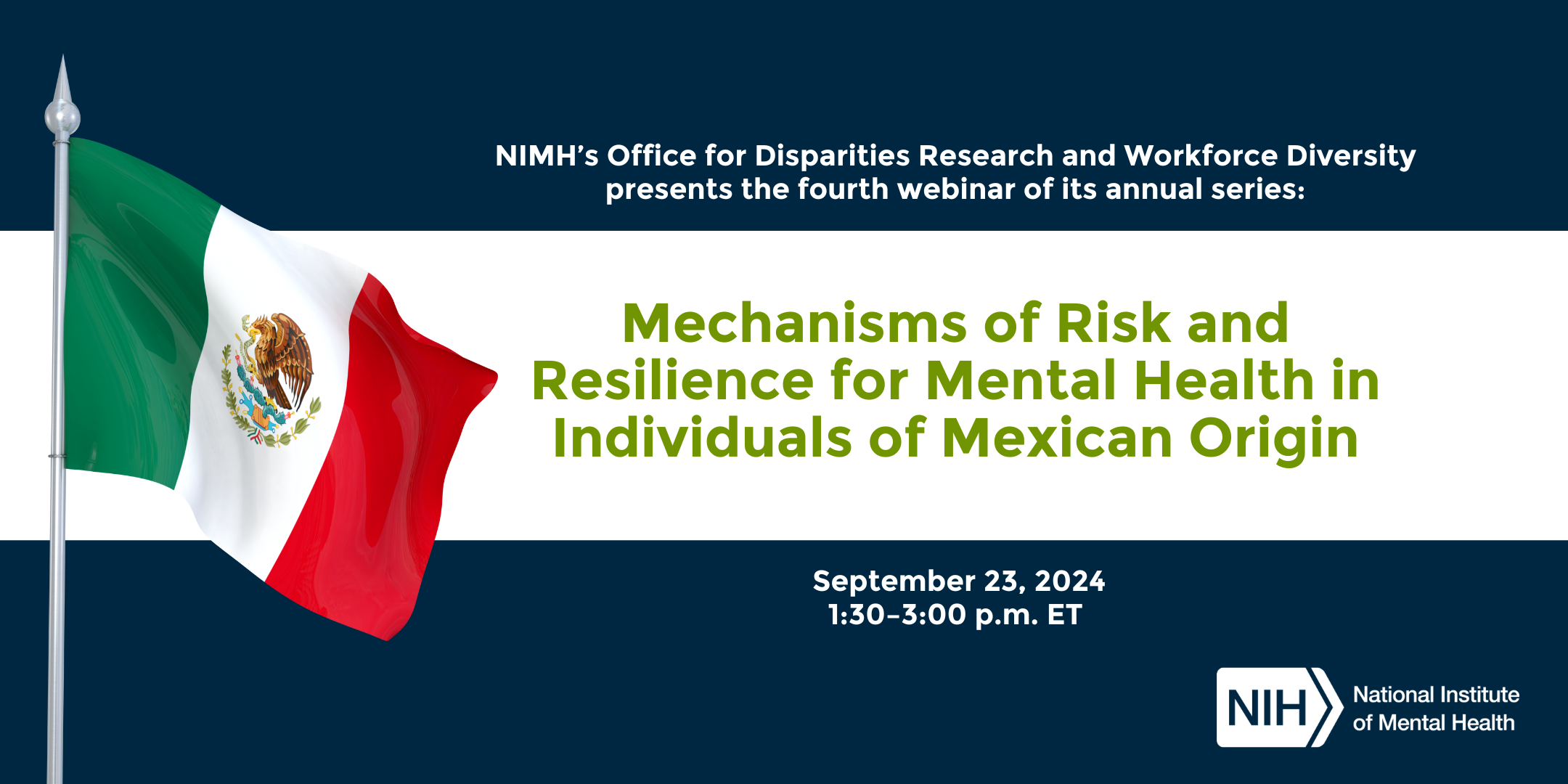
Over the years, I’ve learned a lot about the impact my experience with anxiety has on me. It affects the way I see the world, the way I interact with it, and the way I interact with others. But after years of learning about myself and my anxiety, I’ve started to notice the patterns my anxiety creates. One pattern in particular is how my anxiety can lead me to make assumptions, and how those assumptions can create problems in my life that weren’t there before. Anxiety can lead us to make assumptions, and if we don’t make the connection, anxiety can lead us down a path of miscommunication and make life harder than it needs to be.
We all know that old saying about assumptions: “When you assume...” Pun aside, this adage has a good point. Assumptions, no matter what they are about, can cause problems for everyone involved, and despite our best efforts, we all make assumptions at some point or another. But assumptions can cause problems when they guide our decision-making, and that’s where it’s important to recognize the relationship between anxiety, anticipation, and assumptions.
There are many things in this world that can cause us anxiety (Thanks, GAD), but one of the things that can trigger anxiety is when we are faced with the unknown. Often, if we need an answer to a question or there is a piece of information that we can’t get the answer to, we get anxious. Anxiety itself isn’t a problem, it’s the fact that this anxiety leads to making assumptions and then acting on them.
Anxiety is an interesting thing. Your brain can feel like it’s moving at a million miles an hour, but at the same time, your body is frozen. You want to do five things at once, and because of that, you don’t do anything. And in trying to deal with the physical and mental symptoms of anxiety, feeling rushed and out of control, we can try to deal with a situation in the quickest way possible. And often, that solution is to act on assumptions.
Anxiety can take the form of thoughts, patterns, and behaviors that affect our daily lives. If left unchecked and unchallenged, these feelings can grow and escalate in unhealthy ways. Knowing how my anxiety works hasn’t stopped me from having anxiety (unfortunately), but it has helped me understand myself better. It probably won’t stop me from making assumptions, but I’m hopeful that understanding the connection my anxiety has to assumptions will help me move forward.
Making connections won’t always stop us from doing certain things, but it can help us learn patterns that have developed in our lives over the years. And by learning about these patterns, we can also unlearn them and find a healthier way of looking at the world.
What do you think? Do you feel like you make a lot of assumptions in your daily life? How does that affect your mental health?




_0.png)

